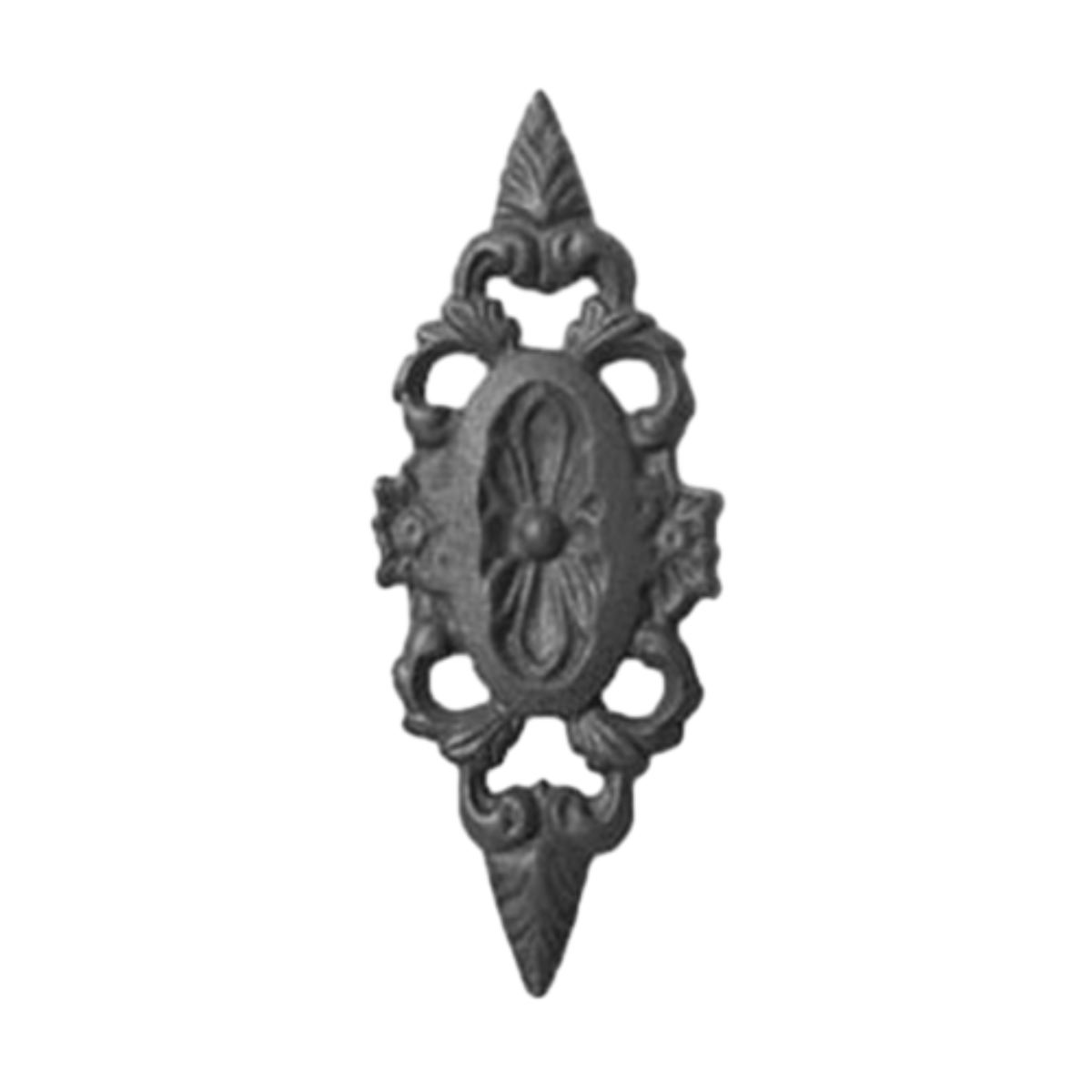Guide to Choosing the Best Sliding Door Rollers for Your Home
The Essential Guide to Buying Sliding Door Rollers
Sliding doors are a popular choice for homes and offices due to their space-saving design and aesthetic appeal. However, the functionality of sliding doors largely depends on the quality of the rollers that enable them to glide smoothly. If you’re considering purchasing sliding door rollers, understanding their features, types, and installation tips is crucial for a successful investment.
Understanding Sliding Door Rollers
Sliding door rollers are essential components that allow the door to move back and forth along its track. These rollers can significantly affect the door's performance—ensuring that it opens and closes effortlessly while remaining securely in position when closed. They come in various materials, such as nylon, steel, or plastic, each offering different benefits in terms of durability and noise levels.
Types of Sliding Door Rollers
1. Nylon Rollers These are among the most common types of sliding door rollers, known for their quiet operation and resistance to rust. They're ideal for indoor sliding doors and can provide a smooth glide in residential settings.
2. Steel Rollers For heavier sliding doors, steel rollers are often recommended. They are more durable and can bear more weight compared to nylon. However, they may be noisier during operation and can rust if not properly maintained.
3. Adjustable Rollers Some roller systems come with adjustable features, allowing for easy height and alignment adjustments. This can be particularly useful if the track or door has settled over time and needs realignment.
4. Sealed Rollers These rollers are designed to minimize dust and debris accumulation, which can hinder their functionality. Sealed rollers are ideal for outdoor applications where exposure to dirt is common.
Factors to Consider When Buying Sliding Door Rollers
1. Compatibility Ensure that the rollers are compatible with your sliding door type. Check the manufacturer's specifications for dimensions and weights to find rollers that fit your door perfectly.
buy sliding door rollers

2. Material Quality Depending on the environment where the sliding door will be installed, choose the appropriate material. For outdoor doors, opt for rust-resistant materials to ensure longevity.
3. Weight Capacity Determine the weight of your sliding door and select rollers that can support it. Overloading rollers can lead to quicker wear and malfunction.
4. Brand Reputation Always consider purchasing from reputable brands known for quality. This can save you money in the long run, as high-quality rollers tend to last longer and function better.
5. Installation Ease Some sliding door rollers offer easier installation methods than others. Look for products that come with clear instructions and all necessary mounting hardware to streamline the installation process.
Tips for Maintenance and Longevity
Regular maintenance can prolong the lifespan of your sliding door rollers. Here are a few tips to keep them in optimal condition
- Clean the Track Regularly clean the door track to prevent debris accumulation. This will ensure smooth operation and reduce wear on the rollers.
- Lubricate Rollers Periodically lubricate the rollers with a silicone-based spray or another appropriate lubricant to minimize friction and noise.
- Check for Wear Routinely inspect the rollers for signs of wear and tear, such as chips or cracks. Early detection can prevent further damage and costly replacements.
Conclusion
Choosing the right sliding door rollers is crucial for the effective operation of your sliding doors. By understanding the types available, their features, and the key factors to consider while buying, you can ensure a smooth and durable door experience in your home or office. Whether you're replacing old rollers or installing new sliding doors, making an informed choice will facilitate optimal functionality and longevity.
-
Wrought Iron Components: Timeless Elegance and Structural StrengthNewsJul.28,2025
-
Window Hardware Essentials: Rollers, Handles, and Locking SolutionsNewsJul.28,2025
-
Small Agricultural Processing Machines: Corn Threshers, Cassava Chippers, Grain Peelers & Chaff CuttersNewsJul.28,2025
-
Sliding Rollers: Smooth, Silent, and Built to LastNewsJul.28,2025
-
Cast Iron Stoves: Timeless Heating with Modern EfficiencyNewsJul.28,2025
-
Cast Iron Pipe and Fitting: Durable, Fire-Resistant Solutions for Plumbing and DrainageNewsJul.28,2025
-
 Wrought Iron Components: Timeless Elegance and Structural StrengthJul-28-2025Wrought Iron Components: Timeless Elegance and Structural Strength
Wrought Iron Components: Timeless Elegance and Structural StrengthJul-28-2025Wrought Iron Components: Timeless Elegance and Structural Strength -
 Window Hardware Essentials: Rollers, Handles, and Locking SolutionsJul-28-2025Window Hardware Essentials: Rollers, Handles, and Locking Solutions
Window Hardware Essentials: Rollers, Handles, and Locking SolutionsJul-28-2025Window Hardware Essentials: Rollers, Handles, and Locking Solutions -
 Small Agricultural Processing Machines: Corn Threshers, Cassava Chippers, Grain Peelers & Chaff CuttersJul-28-2025Small Agricultural Processing Machines: Corn Threshers, Cassava Chippers, Grain Peelers & Chaff Cutters
Small Agricultural Processing Machines: Corn Threshers, Cassava Chippers, Grain Peelers & Chaff CuttersJul-28-2025Small Agricultural Processing Machines: Corn Threshers, Cassava Chippers, Grain Peelers & Chaff Cutters












